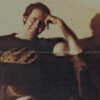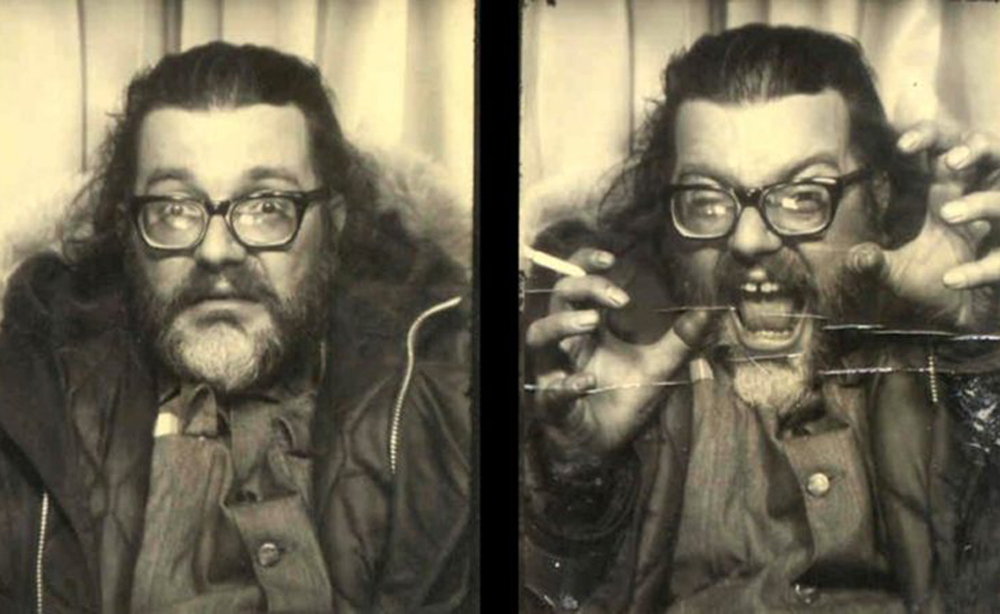For someone described as fearless by so many of those who trained under him, it would’ve been entirely inappropriate for director Heather Ross to not take a few risks in telling the story of Del Close, the man generally regarded as the godfather of improv comedy, and “For Madmen Only” makes a huge gamble upfront. While there are multiple generations who could speak to what they learned about comedy from Close — and eventually do in Ross’ spirited biography — the film hones in on his brief run in the funny pages, “Wasteland,” his semi-autobiographical 18-issue anthology series he wrote with John Ostrander for DC Comics, which might’ve been a little too serious for the publisher, even in the wake of other genre benders such as “Watchmen” and “The Dark Knight,” and a little more fanciful than what Close actually experienced.
However, for Ross, it is the sweet spot to provide a context for the larger-than-life personality that Close was, using the bold, colorful illustrations to simulate the way his mind worked, tempered by the wry narration of a perfectly cast Michaela Watkins to guide audiences through a four-decade pursuit of a groundbreaking extemporaneous form of comedy. While Close’s creation of the Harold, the template for which all improv is based off of, is the result of one man’s refusal to let go of the notion that there was always something out there that hadn’t yet been tried, “For Madmen Only” shows that for as many people that were inspired by Close, he was shaped by every experience he had, from starting out with the Midwest-based Compass Players where he and Elaine May had come up with an early set of rules for improv, to working at the Committee in San Francisco where he’d stage 20-people plays without any script, to ultimately returning to Chicago to Second City where he’d oversee much of the first class of “Saturday Night Live” and after wearing out his welcome, working with Charna Halpern at the Improv Olympics to groom the next generation with the likes of Tina Fey, Amy Poehler and Adam McKay.
Influence is can be near impossible to demonstrate, but “For Madmen Only” has a steady, impressive build elucidating the odds and ends that contributed to Close’s longterm project, zigging and zagging like an improv set where the triumphs take on greater heft after seeing the failures. As George Wendt asks the director at one point, “Everyone is ratting him out, right?” and while stories of Close’s fragile mental health are legion, the film strikes just the right note between celebrating his willingness to push the envelope and acknowledging when he would go too far, putting both himself and others in jeopardy. Reenactments taken from taped recordings that feature James Urbaniak as Close, Matt Walsh as his agent and Josh Fadem as John Ostrander working on “Wasteland” are a mixed bag, ironically showing why Close may have wanted to go off script when the scenes feel performed, but become emblematic of the community that Close brought together as others including Patton Oswalt, Lauren Lapkus and Lennon Parham join the fun, with their participation as meaningful as any of Close’s disciples who are interviewed in speaking to how he opened up doors for a different kinds of comedians.
“For Madmen Only” resists telling a life story in favor of a story full of life, capturing a subject who was chasing after something the rest of the world couldn’t see, and in taking the road less traveled as Close did, Ross generously and inventively brings his vision into sharp relief.
“For Madmen Only” does not yet have U.S. distribution.




